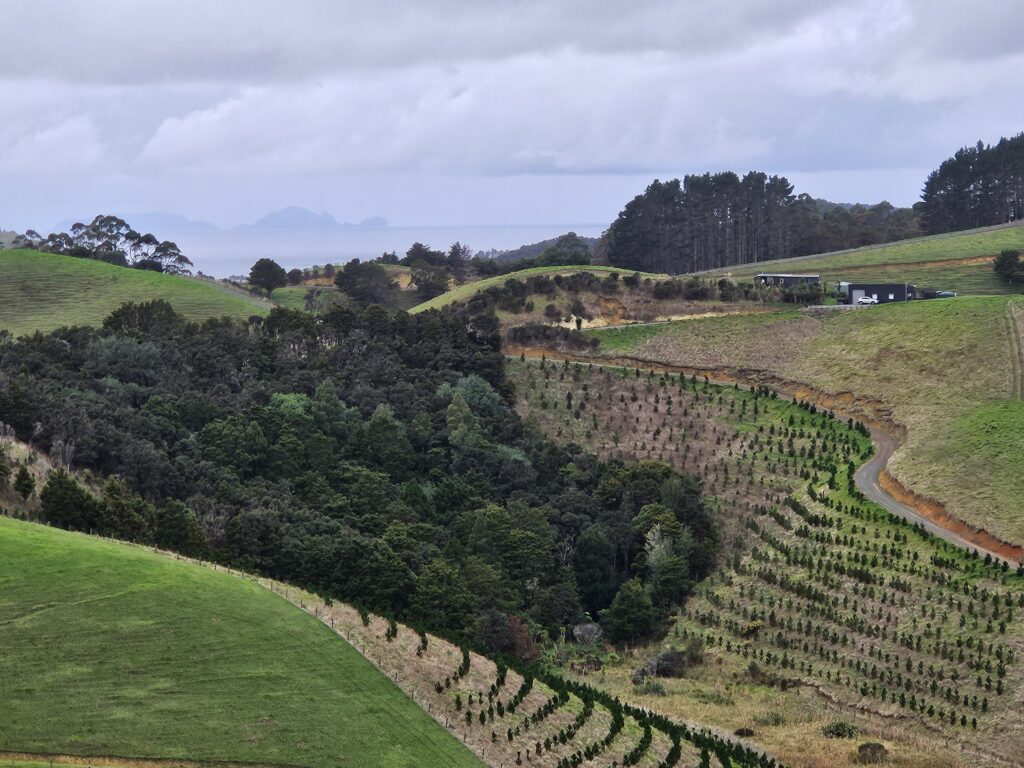New Distribution Capability (NDC) has become a significant topic in the travel industry, raising questions about its impact on the consumer experience. Recent research offers exciting insights, and Champion Travel, led by Maxwell Burns in Hawke’s Bay, is eager to pass on these benefits to its clients.

NDC, introduced by the International Air Transport Association (IATA), aims to modernise how airline products are retailed. By allowing airlines to offer more personalised and dynamic content, NDC provides travellers with a broader range of choices and tailored offers. However, new research from Travelport suggests that the impact on consumers might not be entirely positive. The research indicates that 58% of travellers are now struggling to compare all the new products and additional offers available through NDC.
In the midst of this complex landscape, Maxwell Burns of Champion Travel stands out as a beacon of clarity. With years of experience in the travel industry, Maxwell leverages NDC to its full potential while expertly navigating its complexities. His deep understanding of the market ensures that clients receive the best deals available, tailored to their specific needs and preferences.
Travelport’s State of Modern Retailing report highlights several key findings:
– The real impact NDC is having on travel shoppers.
– How a 1900% increase in travel products is overwhelming consumers.
– Strategies to balance agency and supplier direct selling.
– Real examples of how travel companies are responding to the direct-to-consumer (DTC) model.
There has been a global movement to cut out the middleman recently, with the DTC model now promising significant benefits in travel. However, travellers don’t see it that way, according to Travelport’s new research. Great travel experiences make the industry stronger and more profitable for suppliers and agencies. The insights from the report can help deliver the best experiences for customers.
At Champion Travel, Maxwell Burns utilises these insights to help clients make sense of the overwhelming array of choices. By balancing agency and supplier direct selling, he ensures that clients benefit from both the personalised offers of NDC and the comprehensive service of traditional travel agencies.
In conclusion, while NDC is transforming the travel industry, it also presents challenges. Champion Travel, with Maxwell Burns at the helm in Hawke’s Bay, is committed to utilising NDC to enhance services while ensuring clients can easily navigate the array of new options. Travellers are invited to experience the difference, where unbeatable prices and exceptional service are guaranteed. Champion Travel won’t be beaten on price!
Contact Maxwell Burns at Champion Travel
021 022 02220
https://www.championtravel.co.nz
Contact Phillip Quay:
Email: Phillip@mediapa.co.nz
Mobile: 027 458 7724
Website: www.mediapa.co.nz





















